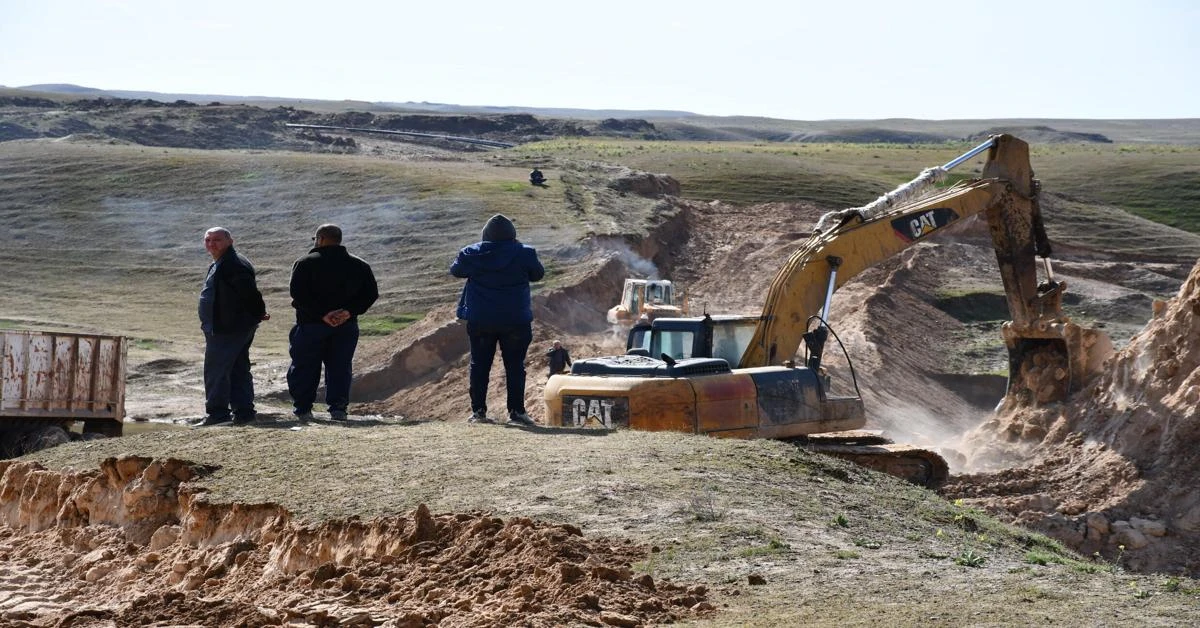Oil dependency squeezes Iraq’s farmers, environment

With 90% of its budget revenue reliant on crude oil sales, Iraq is grappling with significant environmental and legal challenges exacerbated by the aftermath of Daesh destruction of infrastructure
Iraq’s heavy reliance on crude oil sales, which account for 90% of its budget revenues, underscores the nation’s ongoing struggle to recover from years of conflict and political instability. This excessive dependency on the oil sector presents significant challenges for Iraq’s economic diversification and long-term stability.
With 145 billion barrels of proven oil reserves, equivalent to 96 years’ worth of production at the current rate, Iraq possesses substantial oil wealth, according to the World Bank.
However, for many farmers, oil has become a burden. Some have lodged complaints against the government seeking compensation, only to become entangled in Iraq’s complex legal system, shuffled from one court to another.
Authorities attribute the challenges to Daesh, which seized control of large areas of Iraq and Syria in 2014 before being defeated in Iraq three years later.
Daesh militants destroyed oil pipelines and wells and even constructed rudimentary oil storage pits, leading to oil seepage into the ground that is washed out by annual rains.
Yet, local farmers lament the sluggish response of the state in addressing the aftermath.
In areas like al-Meaibdi and the nearby Hamrin hills, authorities grapple with finding sustainable solutions to the issue, adding to Iraq’s array of environmental woes.
Iraq, enduring scorching summer temperatures and severe drought, is classified by the United Nations as one of the five nations most susceptible to significant climate change impacts.
The oil not only harms the soil and crops but also poses a threat to groundwater in this water-scarce nation, prompting some farmers to abandon their lands.
Source: Newsroom



